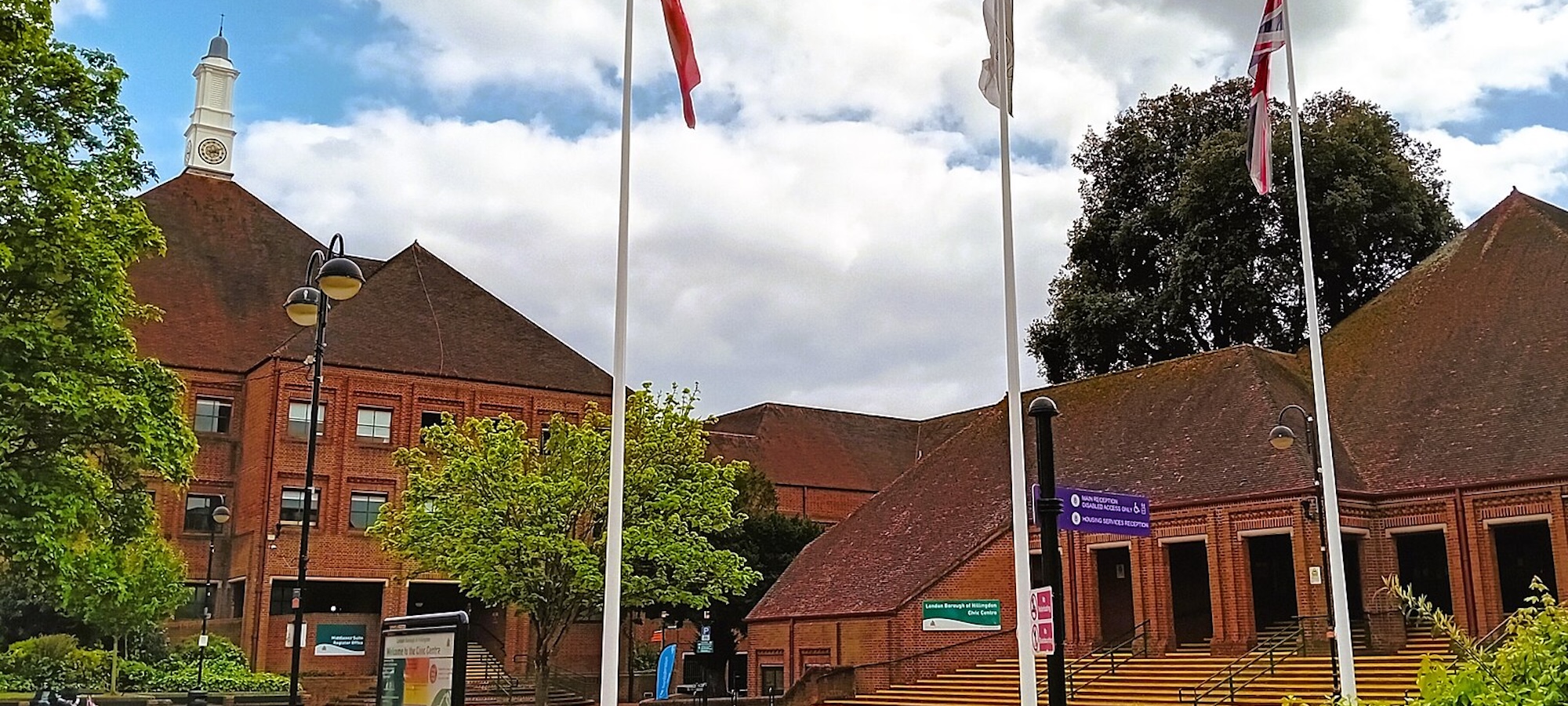Court social work is often misunderstood
Ask someone to picture it and they might imagine long days spent buried in legal paperwork or sitting silently at the back of a courtroom. Speak with the Court Team in the London Borough of Hillingdon and you get a very different picture – one of high-impact casework with children and families at a crucial stage.
We sat down with three social workers from the team at different stages of their careers: Team Manager Sarah H, Experienced Social Worker Sarah M, and Newly Qualified Social Worker Sally.
They chatted about what court social work really involves, dispelling the myths that put people off applying for court roles. All three believe this is one of the most rewarding teams you can work in.

A varied and hands-on role
One of the biggest misconceptions the team wants to challenge is that court social work means sitting in hearings five days a week.
“I think one myth we do need to get rid of, they do not sit in a courtroom five days a week. They are not just sitting in court. Yes, that is a big part of their job, but they're not in there 24/7. And they're not writing court statements 24/7 either.”
Sarah H
Instead, court social workers in Hillingdon are active, out in the community, working intensively with children and families and carrying out the kind of investigative assessments that shape decisions about a child’s future. Sarah M calls it “being detectives.”
“Everybody has a bit of curiosity in them. It's getting out there. It's sometimes doing an unannounced visit, knocking on the door and trying to work out if the concerns are valid or not. You do different things, and it's really exciting in that way.”
Sarah M
The work can sometimes be unpredictable, but that’s part of what makes it energising.
“We're out doing visits, seeing children, doing direct work with children, meeting families, working with families, making sure families have got all the kind of support in place that we possibly can. It’s really varied… no day is the same, anything can happen! I quite enjoy the odd things that don’t go the way you thought they were going to, and having to think on the spot, and problem solve.”
Sally
This flexibility and ability to adapt quickly requires a certain skillset. As team manager, Sarah supports new team members to learn and hone these skills.
Court work with depth and meaning
The team believe that the intensity of the cases and the clarity of the process is what marks court work as different from other areas of social work.
By the time a case reaches court, there have often been repeated concerns, unsuccessful interventions, and escalating risks. The court team can be a family’s last chance to stay together, meaning there is a process to follow to achieve the most positive outcome possible:
“We have this big problem: this is what we need to do, this is what the court is directing us to do, these are the timescales that need to be done, and this is the significance it will have for these children or for this family”
Sarah M
But it’s not all formal procedures and tight deadlines. Court social workers in Hillingdon also implement the care plans they recommend.
“Whether [the court’s decision is] go home, and they transition children back to their parents, or whether it's adoption or family placement, the social workers do that transition, that social work, with the families as well”
Sarah H
Growth, support and learning every day
A standout feature of the Hillingdon team is how well supported staff feel, both by each other and by management.
“There are always discussions within the court team, there is a lot of informal supervision… nobody feels they’re making it on their own.”
Sarah H
That support isn’t just emotional but practical, too. Every court social worker is trained in parenting assessments as soon as they join, and the borough offers a huge amount of ongoing training through its Learning Zone, the West London Alliance, and regular lunchtime webinars.
Sarah M describes Sarah H’s management style as “supportive but not stifling.”
“Sarah gives us good guidance, but she’s also able to step back and give us that room to make our own decisions and conclusions… If she’s doing a lot of spoon-feeding and too much handholding, you’re not going to develop professionally.”
Sarah M
For Sally, the support offered by Hillingdon, and the court team, has made a real difference in her ASYE year.
“It's just been really smooth. All the training I’ve needed to do, I’ve been offered, and I’ve done.”
Sally
The power of strong relationships
At the heart of the work, the team says, are deep relationships. Parents often know this is their last chance and engage intensely. Court social workers are there throughout.
“We've got parents who may be guilty or not guilty of a number of harmful behaviours. Being able to still build that rapport with them and regard them positively, professionally, it goes a long way.”
Sarah M
These relationships are about balance in that they are intensive, but with boundaries. And it’s precisely because of that close involvement that social workers can speak with confidence about the best outcome for the child.
“We know what we’re saying based on that high level of interaction, engagement, assessing that we would have done with that parent for a number of months, sometimes even years.”
Sarah M
A place to grow while making a difference
Despite being early in her career, Sally is clear she’s found a team where she can thrive.
“I felt really supported by the team. It was a really nice team to be working in and so interesting. No day is the same, but It's very structured and very clear about what we’re doing, why we’re doing it… and you do even more direct work with children and families.”
Sally
Sarah H says court social work offers something most other teams can’t: seeing a case through from start to finish.
“You implement the final care plan for that child, whatever it may be, and you would have worked with them and gone on that journey with that child. So you see it right through. And I think there's something really rewarding about that.”
Sarah H
And for Sarah M, court work sharpens every part of what it means to be a social worker. She provides some advice for social workers looking to advance their careers:
“From the selfish perspective of your own personal development… you will be enriched in your skill set. If you can work well within a court team, you can work in any social work team.”
Sarah M
